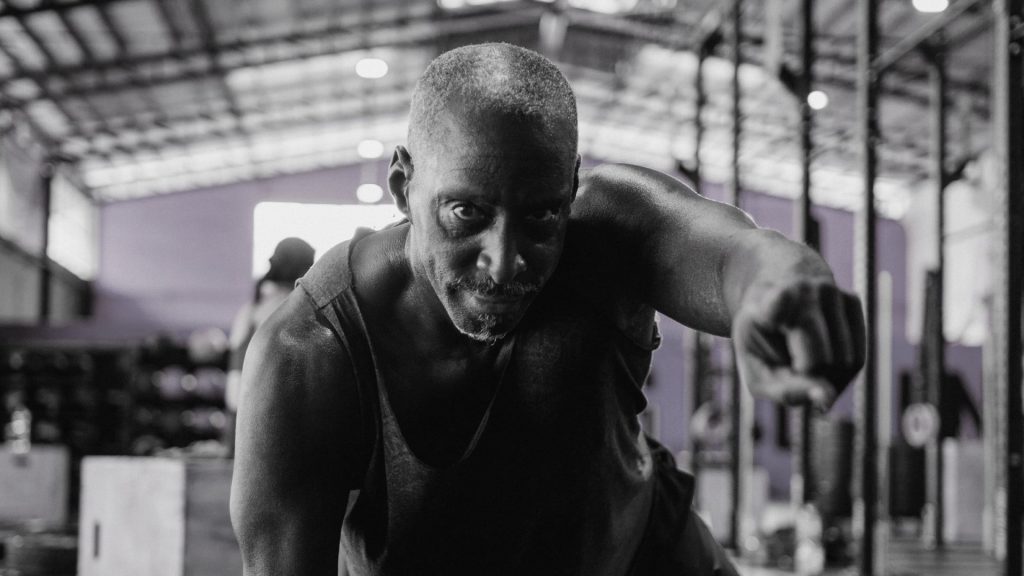In the world of martial arts, there are many principles and techniques that can be applied to everyday life. One such principle is “zanshin,” or “remaining mind,” which involves being aware and prepared for any situation, even after the initial action has taken place.
The Unfettered Mind by Takuan Soho is a classic text in Japanese Zen Buddhism that explores the nature of the mind and its relationship to martial arts. Soho emphasizes the importance of being “unfettered” in one’s thinking and actions, and discusses the concept of “mushin” or “no-mind” as a state of pure awareness and spontaneity.
He also explores the relationship between the sword and the mind, and how the principles of martial arts can be applied to everyday life. The Unfettered Mind is a powerful and inspiring text that offers insight into the nature of the human mind and its potential for growth and transformation.
One of the principles Soho emphasizes is that one should attack not where their opponent is, but where they will be. It’s a powerful concept that can be applied to a variety of situations in modern life. The principle above emphasizes the importance of not getting stuck in one’s thinking and being able to anticipate one’s opponent’s next move.
This principle can be directly applied to any competitive situation, whether it be a physical sport or a mental challenge. The key is to focus on anticipating your opponent’s next move rather than reacting to their current one. For example, in a game of chess, a player who is able to anticipate their opponent’s next move and plan accordingly is more likely to win than one who simply reacts to their opponent’s moves.
Similarly, in the workplace, a manager who is able to anticipate market trends and adapt their business strategy accordingly is more likely to succeed than one who simply follows the crowd. By thinking ahead and planning for the future, one can avoid getting stuck in the same place as their competitors and gain an advantage over them.
Furthermore, this principle can also be applied to personal life. For example, in a difficult conversation with a friend or family member, it is important to anticipate their response and plan accordingly. By thinking ahead and anticipating their needs, one can better communicate their own needs and avoid getting stuck in a negative cycle of argument and reaction.
Soho emphasizes the importance of not getting stuck in one’s thinking and being able to move beyond the initial reaction to a situation. By doing so, one is able to anticipate their opponent’s next move and plan accordingly. This requires flexibility and adaptability, as well as the ability to let go of preconceived notions and assumptions.
The principle of attacking not where your opponent is, but where they will be from Soho’s The Unfettered Mind is a powerful concept that can be applied to a variety of situations in both personal and professional life.
By anticipating the future and planning accordingly, one can increase their chances of success and avoid getting stuck in the same place as their competitors. The key is to remain flexible and adaptable, and to focus on the future while living in the present.
Try the following mental exercise to visualize potential threats and find a solution before they come up:
- Take a few deep breaths and clear your mind of any distracting thoughts.
- Visualize yourself in a situation where you need to take action to achieve a goal, whether it’s at work or in your personal life. Imagine that you have an opponent who is trying to prevent you from achieving your goal.
- Think about where your opponent currently is, and what they are doing. Consider their current strategy and how you might respond to it.
- Now, shift your focus to where your opponent will be in the future. Imagine how they will react to your current strategy, and what their next move might be.
- Think about how you can “attack” not where your opponent currently is, but where they will be in the future. Brainstorm different strategies that will allow you to stay one step ahead of your opponent.
- Choose the strategy that you think is most effective, and visualize yourself implementing it. Imagine yourself anticipating your opponent’s next move and taking action before they have a chance to react.
- Finally, remind yourself to stay flexible and adaptable. Keep monitoring your opponent’s movements and adjusting your strategy accordingly.
Remember, the key to this exercise is to focus on being proactive rather than reactive. By anticipating your opponent’s moves and attacking where they will be in the future, you can stay one step ahead and increase your chances of success.
NEW! Put the principles from this article into practice with the free courage-boosting MaArtial app on the App Store for iOs and Play Store for Android.












